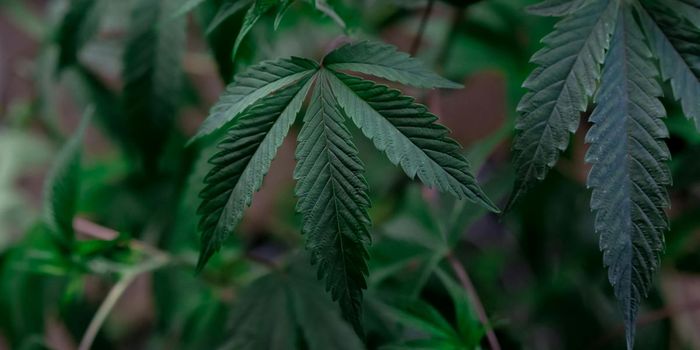Mice Control 'Feel Good' Chemical Dopamine in Their Brains
Mice are both aware of random dopamine signaling in their brains and can willfully control it, according to new research from UC San Diego. The study was published in Current Biology.
In previous research, UC San Diego graduate student, Conrad Foo, found that the mouse brain is not only flooded with dopamine upon being presented with pleasurable expectations or rewards. Instead, he found that the neocortex in mice is spontaneously flooded with unpredictable impulses of dopamine around once per minute.
These findings led Foo to team up with colleagues to see whether mice were aware of this signaling. To do so, they created a feedback scheme in which mice running on a treadmill were trained to receive a reward if they were able to control impromptu dopamine signaling in their brains. They monitored the mice using molecular and optical imaging techniques.
“This started as a serendipitous finding by a talented, and curious, graduate student with intellectual support from a wonderful group of colleagues,” said senior co-author of the study, David Kleinfeld.
“As an unanticipated result, we spent many long days expanding on the original study and of course performing control experiments to verify the claims. These led to the current conclusions." he added.
In the end, the researchers found that mice were both aware of spontaneous dopamine signaling in their brains and could be trained to modulate it to receive a reward. They also found that this effect was removed once the reward was no longer present.
The researchers say that their results show that dopamine invigorates rather than initiates motor behavior. They also say that their study opens new avenues of research for dopamine and brain dynamics. In future studies, they hope to see whether unpredictable dopamine signaling drives foraging, finding a mate, and other social behavior in mice.
“We further conjecture that an animal’s sense of spontaneous dopamine impulses may motivate it to search and forage in the absence of known reward-predictive stimuli,” the researchers noted.
Sources: Current Biology, Neuroscience News









